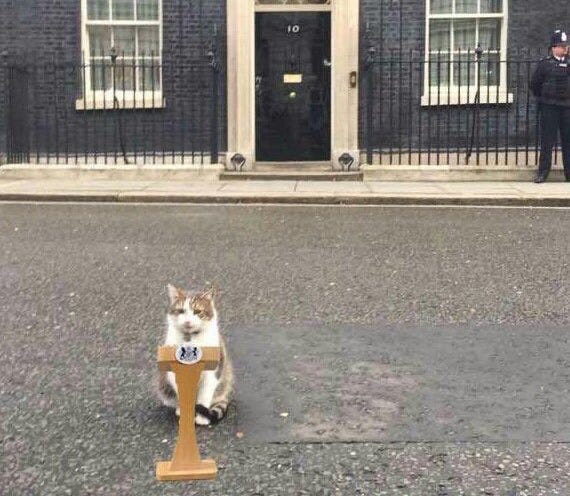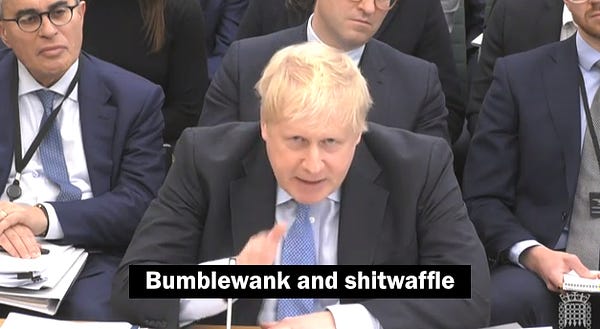
TL;DR: The new Consumer Advocacy Council set up as a result of the Labour Government’s Electricity Price Review in 2019 has called on either or both the Commerce Commission and the Electricity Authority to look into whether retailers are engaging in anti-competitive or restrictive practices by bundling their services in ‘deals’ with broadband and/or gas providers.
I spoke with Council Chair Deborah Hart in the podcast above about its first consumer sentiment survey and she said consumers found it difficult to understand bills and compare apples with apples when thinking about switching. Bundling made that harder.
The Commerce Commission has already started to look at bundling, but from the broadband and mobile point of view, with broadband one of the favoured bundling partners for the electricity retailers. It is included in a project to include retail service quality in telecommunications and asked specifically for feedback on bundling in this release from October last year. I’ve asked the Commission and the Electricity Authority for comment and will update this once received.
Here’s the EA response:
The Electricity Authority is aware of the concerns around the practices of bundling services in the electricity retail market.
When the Authority published its customer care guidelines for electricity retailers in 2021 it provided a recommendation (see Part 5; 34c) on how bundled services should be detailed on bills so consumers could better understand their electricity bills.
The Authority is supportive of the work underway by the Consumer Advocacy Council and Consumer NZ to simplify power bills so consumers can easily understand their bill and make it easier to compare electricity deals on Powerswitch and other price comparison sites.
The Authority is not currently looking into bundling practices but is aware that the Commerce Commission is looking into it as part of its work on market power guidelines and comparisons for telecommunications services.
Here’s the Commerce Commission response:
The Commerce Commission is concerned about the transparency/comparability of bundle pricing.
Our view is that it is useful (and should be possible) for consumers to compare base prices for unbundled services. For example, when mobile services are bundled with Spotify/Netflix, in a direct comparison of mobile service prices, consumers should be able to see which bundles include Spotify/Netflix and (by subtraction) figure out how much they would be paying for those extra services. Our telecommunications regulation work is heading in this direction. (paper)
The same concerns arise over bundling in the energy sector, and between energy and telecommunications. We recognise competition and fair trading concerns here, and we are actively working on ways to address these problems for consumers.
In other news today…
Flattening the dots in its plot - The US Federal Reserve hiked the fed funds rate by 25 basis points to a range of 4.75% to 5.0% and indicated it would lift the rate only one more time, but said it would continue its Quantitative Tightening programme of bond selling to reverse 2020's massive Quantitative Easing or money printing. Markets now expect rate cuts later this year, but the Fed expected to signal a lift to 5.1% in its 'dot plot' of median expectations from voting committee members. US stocks fell around 1.7% after Treasury Secretary Janet Yellen clarified this morning that authorities had yet to consider a full ‘blanket’ insurance policy for all deposits in smaller banks, beyond the existing US$250,000 per account policy.
When the housing market with bits tacked on stops circulating lots and lots of cash - CoreLogic NZ reported this morning that just 60,859 properties were sold in the year to February 2023 - the lowest 12-month total since October 1983. There were just 4,100 sales in the month of February, the lowest February sales since at least 1981. So what happens in an economy that is a housing market with bits tacked on when houses don't sell? How do people realise capital gains to retire or refinance failing small businesses or move towns/cities?
Couldn’t we do this too? Portugal’s PM Antonio Costa told Parliament last night his Government was considering taking GST off food there to tame inflation. Bloomberg via Yahoo.
Profit-price-wage-profit-price spiral? ECB President Christine Lagarde warned in a speech last night against 'tit for tat' inflationary spirals where firms raise profit margins and workers demand ever-bigger pay increases to catch up with higher prices caused by the previous increases in profits and wages.
Monstered - Thomas Coughlan reports in the NZ Herald-$$$ that Transport Minister Michael Wood tried to make half-price public transport fares permanent last October, but was blocked in Cabinet, even though Treasury supported (yes supported) the idea. National's Simeon Brown agreed not to extend the half-price fares, saying National wanted the money used for tax cuts.
Toys being thrown - Auckland Council is considering pulling out of Local Government NZ to save $400,000 a year. Just nuts. LGFA should consider dumping Auckland Council. Stuff
Wage-PR-consultant-news spiral - Te Whatu Ora revealed it has over 200 comms people. There are only 400 journalists working at all of Stuff nationwide. RNZ
Scoops & useful links, threads & podcasts elsewhere








Charts of the day
Britain’s Brexit humiliation knows no bounds

US eggflation comes off the boil1

The Craic


Ka kite ano
Bernard
This chart was an excuse for the most gratuitous use of the most puns. Sue me.

















Share this post